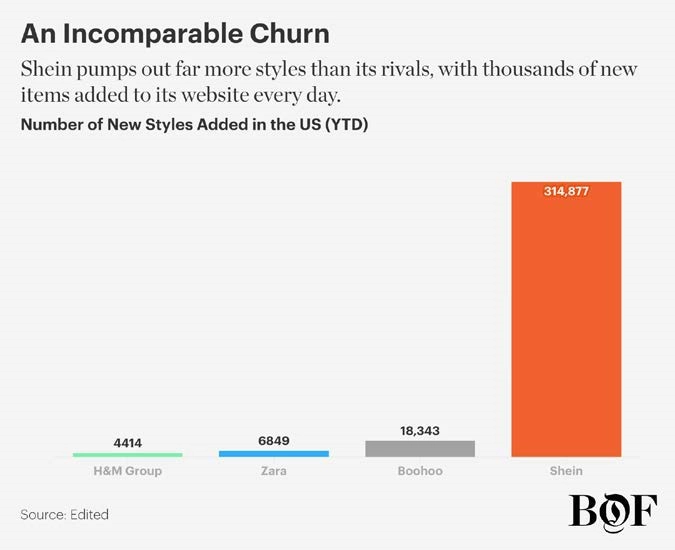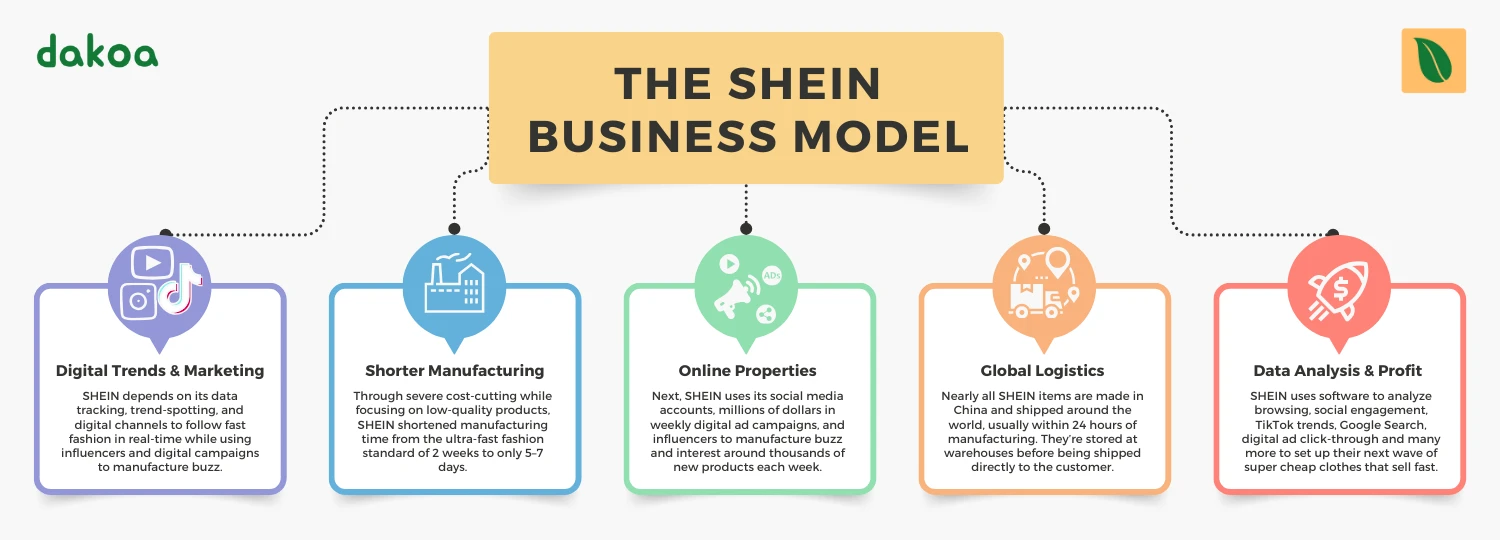Children’s products sold by the fast-fashion giant Shein have been found to contain alarmingly high levels of toxic chemicals, the Seoul Metropolitan Government announced on Tuesday. The city’s latest inspections revealed substances present in amounts hundreds of times above permissible limits, raising serious concerns over product safety.
A Global Phenomenon with Questionable Practices
Shein, originally founded in China and now headquartered in Singapore, has quickly become a global sensation, particularly among Gen-Z. Its vast catalog of trendy, budget-friendly clothing and accessories has attracted millions of customers worldwide. However, this rapid expansion has brought increased scrutiny, particularly regarding the company’s business ethics and safety protocols.
In both the European Union and South Korea, authorities have ramped up their oversight. Seoul, in particular, has been conducting weekly inspections of items sold by Shein, as well as other online platforms like Temu and AliExpress. These inspections aim to ensure that products meet safety standards, especially those marketed towards children.

Alarming Findings in Recent Inspections
In the most recent inspection, Seoul authorities selected eight products from Shein, including children’s shoes, leather bags, and a belt. The results were shocking. One pair of children’s shoes was found to contain phthalates at 428 times the allowable limit—the highest level detected to date in these inspections. Additionally, three leather bags contained phthalate levels up to 153 times the safe limit.
Phthalates, widely used to soften plastics, are present in numerous everyday items such as containers, beauty products, and toys. Despite their common usage, these chemicals have long been known to disrupt hormones and are linked to severe health issues, including obesity, heart disease, cancers, and fertility problems.
Official Responses and Industry Impact
Park Sang-jin, a Seoul city official, said that the authorities have requested the immediate removal of these hazardous products from sale. “Since we began our inspections in April, most platforms have complied with our removal requests,” Park stated.
In response, a Shein spokesperson emphasized the company’s commitment to product safety, stating, “We take product safety very seriously. Our suppliers are required to adhere to our stringent controls and standards. We work with international third-party testing agencies to ensure compliance with safety standards.”
The spokesperson added that Shein promptly removes any flagged products from its site while conducting investigations and takes appropriate action if non-compliance is confirmed.
Since the start of the inspections, Seoul officials have examined 93 products, finding nearly half to contain toxic substances. These include items such as children’s watches and coloring pencils, further highlighting the pervasive issue of unsafe products in the market.
International Implications and Consumer Protection
Last month, the European Union added Shein to its list of major digital firms subjected to stricter safety regulations. These measures are designed to protect consumers, particularly minors, from hazardous products. This move underscores the growing international efforts to hold fast-fashion and e-commerce companies accountable for product safety.
Shein and Temu, following in the footsteps of Chinese e-commerce giant Alibaba, have been aggressively expanding their presence in the US market, challenging established players like Amazon. However, as these inspections reveal, the companies must prioritize consumer safety and comply with international standards to maintain their market positions.
More To Discover
- Flatpacked Forests: Ikea’s Timber Controversy and the Flaws in FSC Certification
- The Unfreezeable Octopus: A Deep Dive into Antarctica’s Chilliest Mystery (Choose Deep Dive or Kid-Friendly Edition)
- Soil Crisis in the Mediterranean: A European Wake-Up Call For Everyone
- The Southern Hemisphere Is Drying Out, Scientists Confirm, And That’s A Big Problem For Us All
Conclusion
The findings from Seoul’s inspections cast a spotlight on the critical need for rigorous safety standards in the fast-fashion industry.
As consumers, it’s essential to remain vigilant about the products we purchase and to support initiatives that ensure safer, healthier choices for everyone.
The Seoul government’s actions serve as a reminder that corporate accountability and consumer protection go hand in hand in the pursuit of a safer market environment.




















